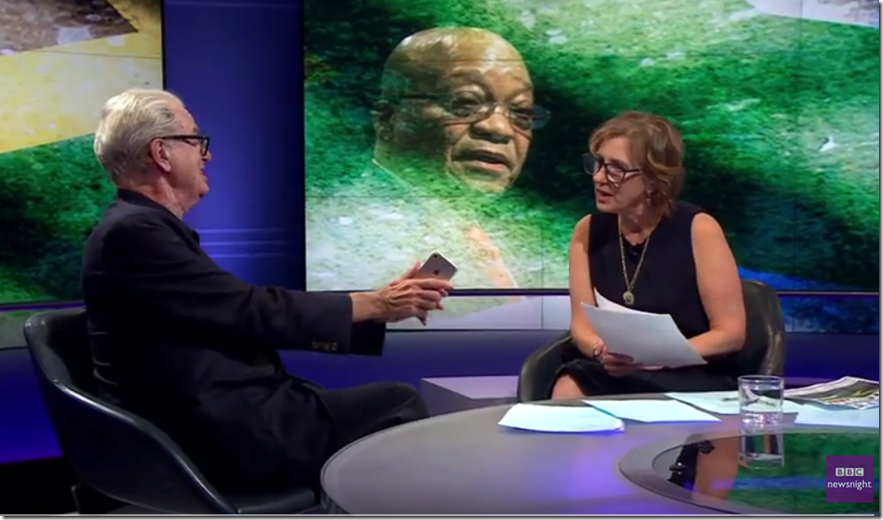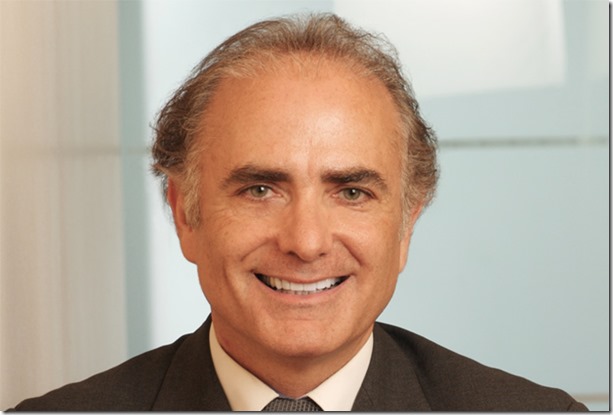A Dreadful Interview: The Limits Of Message Control
The Leader of Britain’s Labour Party, Ed Miliband, sat down for an interview last week to answer questions about public sector strikes.
At least his interviewer, ITV’s Damon Green, thought Mr. Miliband was going to answer his questions. In fact, Miliband did everything he could to control the message – repeating the same lines over-and-over again, ignoring his questioner, and even staging the shot.
But his effort backfired. Badly. If you haven’t seen this video yet, it’s worth watching as a perfect example of what not to do. (Video is no longer available.)
Mr. Miliband was certainly “on message.” In just over two minutes, he repeated this message six times:
“These strikes are wrong at a time when negotiations are still going on. But parents and the public have been let down by both sides, because the government has acted in a reckless and provocative manner. After today’s disruption, I urge both sides to put aside the rhetoric, get around the negotiation table, and stop it happening again.”
But Mr. Green, the correspondent who interviewed Mr. Miliband, was upset by the politician’s evasiveness. He told The Guardian newspaper:
“If news reporters and cameras are only there to be used by politicians as recording devices for their scripted soundbites, at best that is a professional discourtesy,” he said. “At worst, if we are not allowed to explore and examine a politician’s views, then politicians cease to be accountable in the most obvious way.”
He also criticised the approach of the three PR “handlers” Miliband sent in first who he claimed attempted to control the entire interview, down to trying to tell the cameraman about “framing and depth of field” and demanding that the Labour leader be put in front of a bookcase “with his family photos over his left shoulder”.
Here are (at least) four reasons Mr. Miliband failed:
1. He Repeated The Same Message Verbatim: Mr. Miliband could have articulated the same idea in every answer without relying upon the same words to do so.
2. He Thought He Could Exercise Message Control: Spokespersons often find that their very attempts at message control make it into the final news story. A controlling politician who refuses to answer questions on-camera should know that the odds of the raw tape being released are quite high.
3. He Delivered His Answer Inauthentically: Who, exactly, was he speaking to? His tone was appropriate for someone giving a speech – not someone sitting for an interview. Even if the audience didn’t know the context of the interview, his speech-like delivery looked off.
4. He Chose The Wrong Format: If Mr. Miliband was dead set on delivering only that one sound bite, he never should have sat for an interview. He should have stopped the first reporter with a camera who was awaiting comment, delivered his sound bite, and moved on.
Like our blog? Please like us on Facebook for tips to help make you a better public speaker and media guest at www.Facebook.com/Throughliners.
Related: Be On Message. But Not Like This Guy.
Related: Vote For The Worst! What The Worst Media Disaster From The First Half of 2011?
h/t Steve Tefft




Gawd, it’s getting really hard to watch these. I’m not a PR or a media person, just someone who hopes to improve my own decorum (if that’s the right word to use). If a guy like me can “get it” after just following this site for 4-5 months, why can’t guys like this get it?
This is a great site. Keep up the good work. I feel like I’ve learned so much, and I know that’s just the tip of the iceberg.
Christopher –
It amazes me that communications “pros” don’t take advantage of all of the free PR resources available online. It seems to me that too many people think they can “outsmart” best practices, only to realize they’re called best practices for a reason.
And thank you for your very kind words. It’s quite rewarding to hear that this blog is serving as the teaching tool I’ve always hoped it would become.
Best wishes,
Brad
The NO1 is very useful and strong reminder for spokesman. I think one of the most difficulties to be spokesman is how to express the same idea in different way without being noticed.
For No2, when i was a journalist, i really hated being controled,becuase i felt not respectful. Now i am PR. I still believe in “don’t try to control journalist’,but i think PR should control the whole conversation, not being in ackward situation.